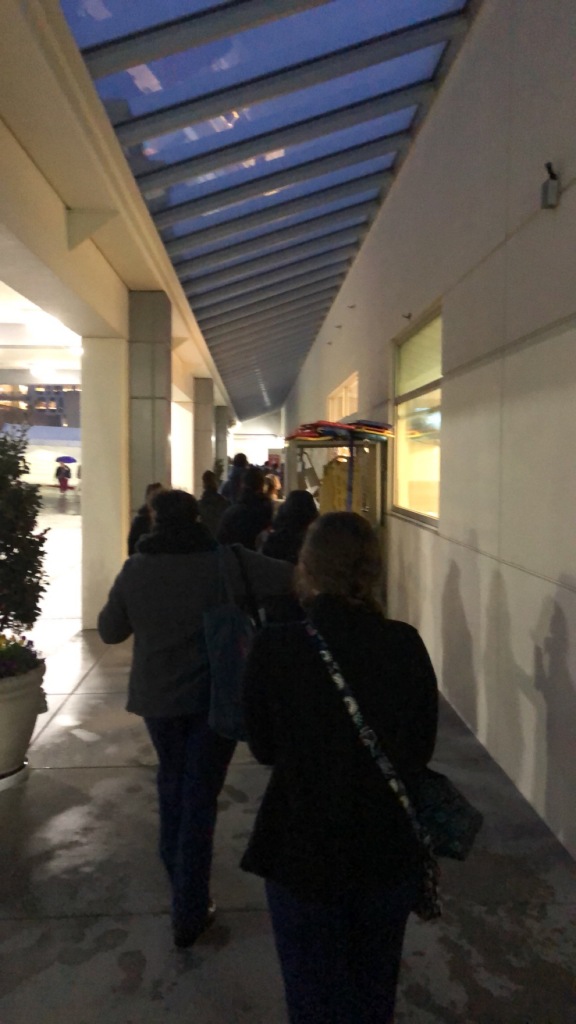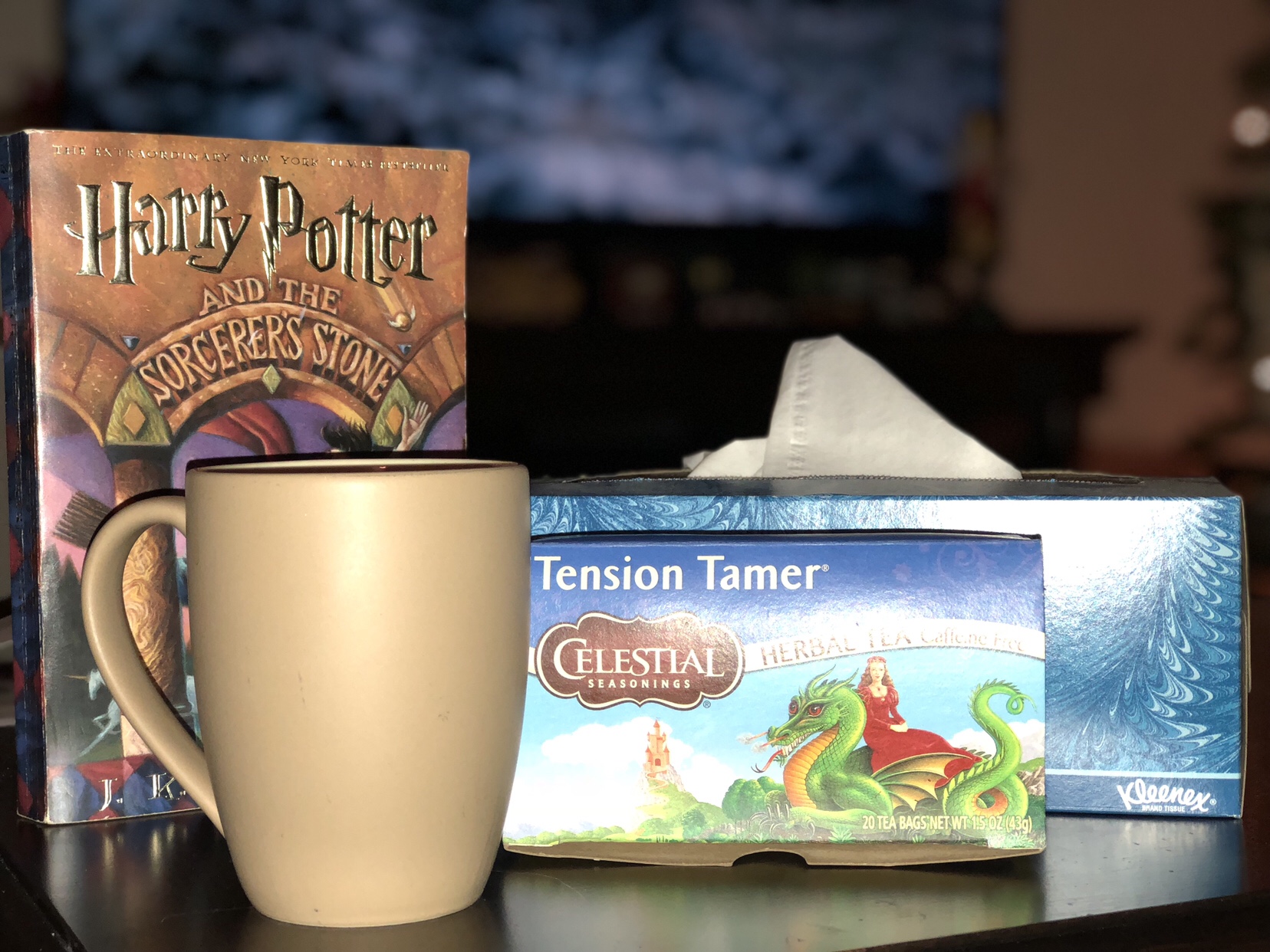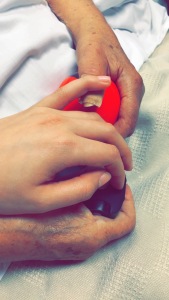I think we can all agree that long-distance relationships are difficult. Regardless of the situation and the individual relationships involved, physical separation is not ideal for anyone involved. Although families and couples adjust during the time apart, their reunion is the bright light at the end of the tunnel – whenever it may be. Expectations are much different with long distance friendships and separation may be for an unspecified amount of time.
Each friendship is unique and no experience with long-distance relationship is the same, but with that said, I would like to reflect on three friendships maintained over a long distance and over a long period of time.
Pretzel and I met at the beginning of eighth grade when I was on the ASB’s welcome committee for new students. I mistook his standoffishness for mystery and was determined to make friends with him. The way he tells it, he was trying not to make friends because the grade would be split the next year when we went to high school and also in the case his family had to move (Pretzel’s dad was in the air force). Pretzel and I became good friends and we ended up going to the same high school for a couple years before his family had to move across the country. We kept in touch via text message and Facebook mostly, but one summer we were able to hang out in person! Long story short, I was on a family vacation in the state he lived in and he offered to pick me up and hang out for the rest of the day with my parents’ permission of course. We lost touch for a few years through college, but have since reconnected via Snapchat (of all social medias) and text message.
My friend Punch and I have been friends since high school. We hit a rough patch in our friendship a bit ago, but have reconciled and now our friendship is stronger than ever. Punch moved around the country in the years after high school pursuing undergraduate and now graduate degrees and taking a gap year in between. I make it a point to visit every place he’s moved to partially so I can see him and mostly because he’s lived in some pretty cool places. Through college we studied together virtually, talked into the early hours, and made it a point to see each other when we were both home on breaks. Currently we stay in touch via video calling, telephone, text message, and social media. Punch is currently on the east coast and I on the west, but even with the time difference, geographical distance, and time in between our full conversations it is easy to trust each other with any issue we face, big or small.
Pilot started out being a friend of a friend and he eventually made his way to my inner circle of friends. We met during a bar crawl the weekend before my graduation from nursing school when my best friend invited him to tag along. Initially we kept in touch via Facebook but then transitioned to texting. Over time we moved to having video conversations via Snapchat and called/texted each other often. Pilot knew what it was like to take care of a grandparent and it was comforting to talk with him about the struggles I was facing after having moved back to my hometown to help care for my grandmother. I was overwhelmed with heartache after my grandmother passed and it felt difficult to maintain most of my friendships. I internalized most of my grief which I think Pilot understood. He told our mutual friend that he wanted to give me space and kept in touch infrequently, mostly via Snapchat. At the time it felt a bit like I had been abandoned. The lack of communication as well as having not physically seen each other in over two years weakened our friendship in some ways, but when Pilot reached out to me a couple months ago I took the opportunity to reconnect.
Perhaps my long-distance friendships have survived thus far because of the individual friendship dynamic? Pretzel and I tend to be introverted and although our interests differ, we enjoy learning from each other. I wonder if it is because Punch and I are both independent, because of our similar careers, or simply because of the longevity of our friendship that make it easy to continue being friends. My friendship with Pilot is the newest comparatively to the others, but is it the depth of trust having shared in similar experiences that keeps the friendship going?
There is no doubt technology has played a role in the development and sustainment of the friendships, but what else? What makes an acquaintance that lives far away a long-distance friend? Whatever the case, I am grateful to have the aforementioned friends in my life and look forward to talking with each of them soon.






 obnoxious to the rest of the family members caring for her. I have no idea what to say, do, or think anymore as I worry about overstepping my boundaries and wanting to participate in her care.
obnoxious to the rest of the family members caring for her. I have no idea what to say, do, or think anymore as I worry about overstepping my boundaries and wanting to participate in her care.